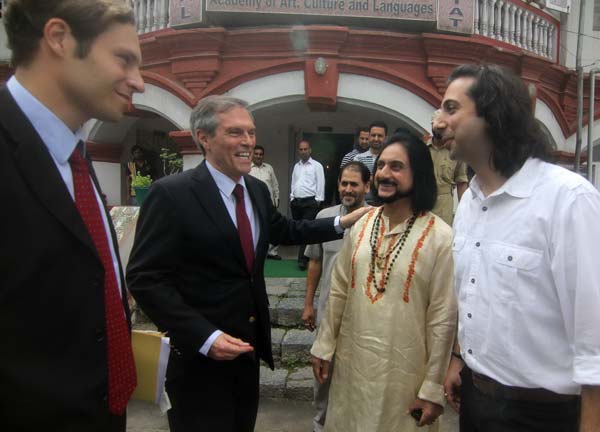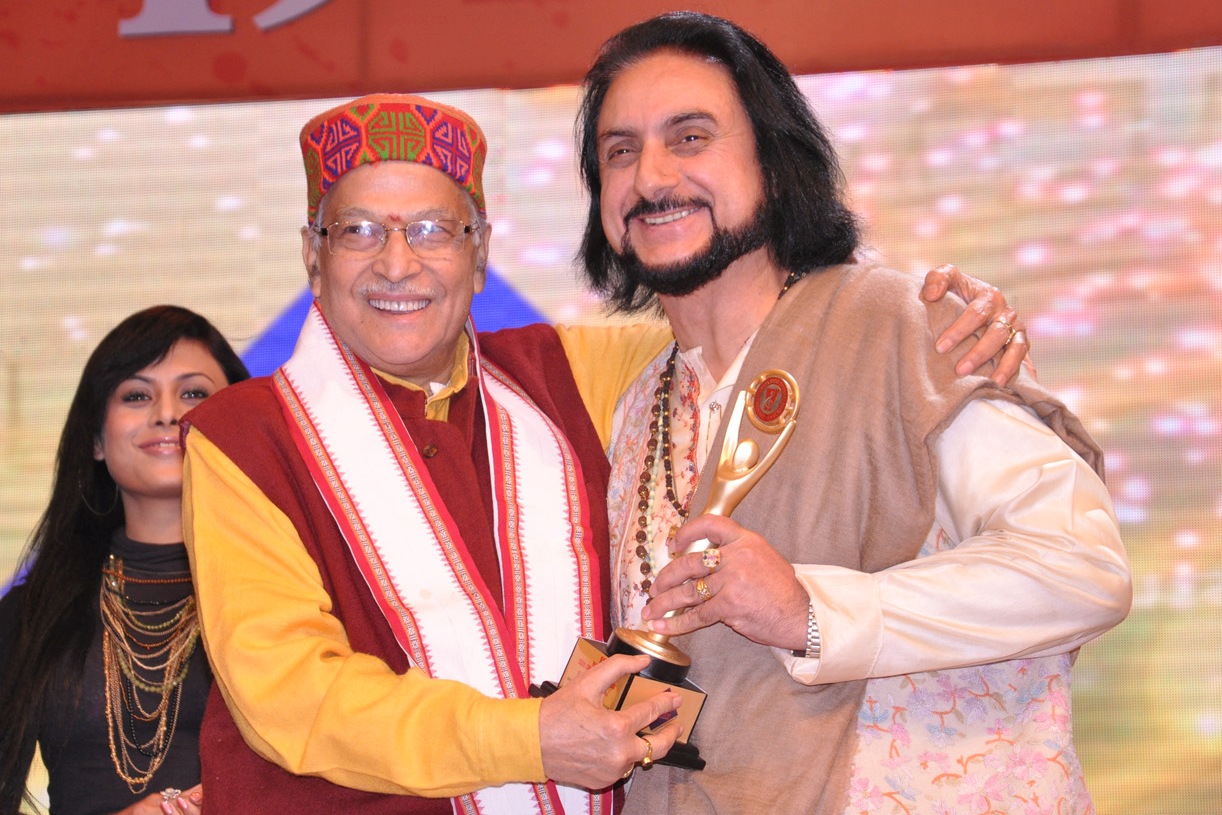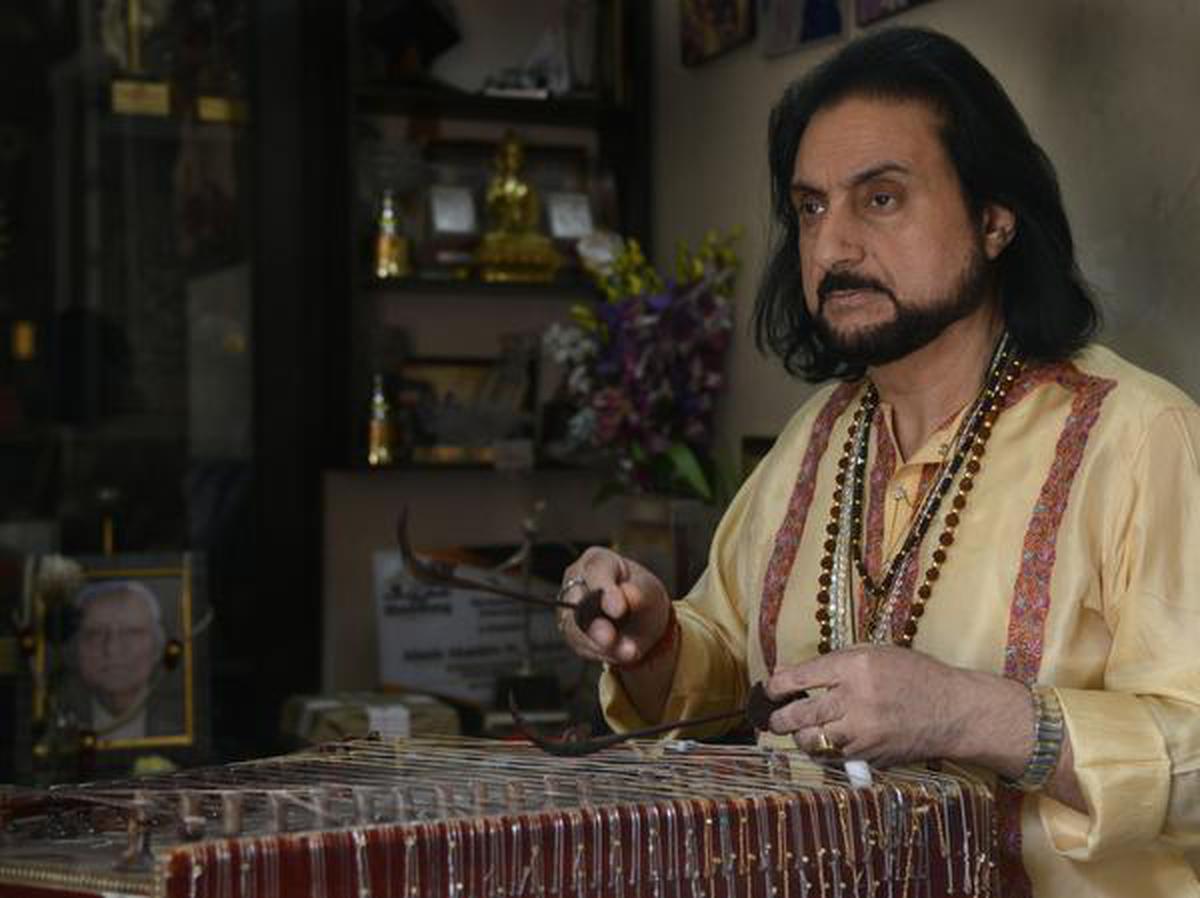by Tahir Bhat
Kashmir’s most known Santoor maestro, Bhajan Sopori died on June 2, 2022, after a protracted illness. He had cancer in the colon. His death was the outcome of multi-organ failure. The 73-year-old musician is survived by his wife, Aparna, and two Santoor player sons, Sourabh and Abhay Rustum.

“He was diagnosed with colon cancer stage IV. The disease had spread to the liver and bones. He was under treatment at Fortis Memorial Research Institute (FMRI), Gurugram, since February 2022 and had received chemotherapy, targeted therapy and immunotherapy over the last couple of months,” the hospital said in a statement in Haryana. “He was admitted to FMRI on May 18, 2022, after his condition had deteriorated. In spite of the best efforts of the doctors, however, he succumbed to multi-organ failure on June 2, 2022.”
Bhajan Sopori’s death was widely condoled within the musical world and by all the political parties in Jammu and Kashmir, his home state. “Very sorry to hear about the tragic demise of Padma Shri Pandit Bhajan Sopori sahib. A great son of the soil, he was a colossus in the world of classical Indian music who made the santoor his own. May his soul rest in peace,” Omar Abdullah wrote on Twitter. “Saddened by the death of Padma Shri Pandit Sopori sahab. His immense contribution to the world of music will not be forgotten.”
The eighth-generation Santoor player, Bhajan Sapori belonged to a reputed Sufiana gharana from Sopore but has been living outside Jammu and Kashmir for a long time. Perhaps it is only his family that knows how to play the 100-stringed santoor. He was being termed as the king of the strings.
Sopori’s first performance was in 1953 when at the age of five, he performed at the residence of the then Prime Minister Bakshi Ghulam Mohammad. Since then, he was always busy composing songs in a variety of languages and the poetry of scores of poets. He is credited for composing more than six thousand songs across all subcontinental languages.
Besides having two master’s degrees in instrumental music, Sopori specialised in sitar as well as santoor. He learned Western classical music from Washington University, US, where he taught briefly as well. Utkal University (Odisha) had conferred upon him the degree of Doctorate of Literature.

Recipient of the Sangeet Natak Akademi Award (1992), Padma Shri (2004) and Jammu and Kashmir’s State Lifetime Achievement Award (2016), Sopori was a rare musician. Besides being a performer, composer, musicologist, teacher, writer and poet, Bhajan Sopori was a good human being.
His favourite dhun was a fusion of Kashmir’s Sufiyana mausiqui and Hindustani classical music.
Named Bhajan by his musical family, he was initiated in santoor by his grandfather, Samsar Chand Sopori, and later mentored by his father, sitar exponent, Shamboo Nath Sopori. An art critique has credited Bhajan and his father for making Santoor more suitable for raagdari music while playing sufiyana mausiqui. “Back in the day, the santoor sounded more staccato; there were no gamakas (oscillations) and glides. The bridges were increased to accommodate more octaves and sympathetic strings were added apart from a tumba (gourd) for better resonance,” Suanshu Khurana wrote. “The attempt to play both styles resulted in a playing technique that bordered between classical and sufiyana. The mallets would be hit with intensity and the sound was boisterous and big. But sometimes, Sopori would give the softer notes a nudge and it would sound straight out of the heart of Dal lake.”
His great-grandfather is credited for developing the style known as the Sufi Baaj (style), based on Sufiana Qulam music and Indian classical music.
“He increased the range of the Santoor from the conventional 11⁄2 to more than 51⁄2 octaves, balanced the Kalam (strikers) with boles and attached the Tarab and Tumba for enhanced tonal quality,” the website managed by his son mentions. “These innovations combined with his strong base in traditional Raga-Sangeet allowed for a systematic exposition of the Raga combining both the Gayaki and the Tantrakari Ang (style) in his recitals, demonstrating all the essential stylistic nuances of Hindustani Classical Music such as Meend, Glides, Gamak, Krintan, Zamzama, Boles, including the Dhrupad Ang with the accompaniment of the Pakhawaj.”

Besides, he has composed and introduced a number of new Ragas like Raga Laleshwari, Raga Patwanti, and Raga Nirmalranjani.
Off late, Bhajan Sopori has set up a music academy, SaMaPa (Sopori Academy for Music and Performing Arts), dedicated to the promotion of Indian classical music. It was involved in promoting music to jail inmates, with the objective of using music for healing the prisoners and creating an emotional bond between the society and the prisoners.
What is interesting, though restricted to the musical world is the fact that there was a professional rivalry between Sopori and Pandit Shivkumar Sharma, another star maestro from Jammu, who died last month. Sopori would say that his family’s age-old contributions were sidelined by concert organisers. Though his contributions were acknowledged everywhere, he never got the big hat.














